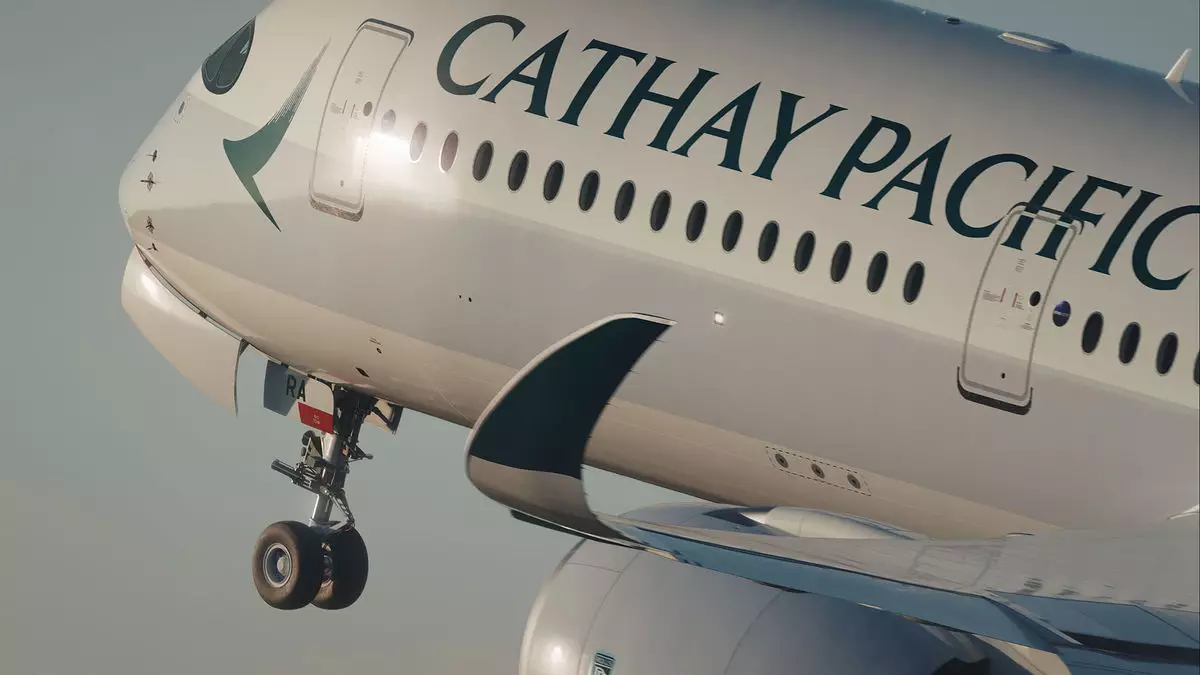Recently, the European Aviation Safety Agency (EASA) made a crucial announcement regarding Airbus A350 aircraft. Following an in-flight engine fire on a Cathay Pacific flight, powered by a Rolls Royce Trent XWB engine, EASA has mandated a one-time fleet inspection of fuel hoses on certain A350 aircraft.
Implications for Airlines
Cathay Pacific, in response to the incident, took immediate action by inspecting engines on all 48 of its A350 planes. Subsequently, 15 planes were identified as needing replacement of engine fuel lines. This led to the cancellation of 90 flights between September 2 and September 7, causing disruptions for passengers and financial implications for the airline.
The ramifications of Cathay Pacific’s findings have reverberated across the aviation industry, prompting other Asian carriers to take precautionary measures. Singapore Airlines, Japan Airlines, and Delta have all initiated inspections on their respective fleets of A350 aircraft to ensure the safety of their operations.
Rolls-Royce, the manufacturer of the Trent XWB engines, has expressed its commitment to collaborating with airlines, aircraft manufacturers, and regulatory authorities to address the issue. This underscores the importance of a united effort in upholding aviation safety standards and ensuring passenger wellbeing.
With EASA requiring inspections for A350-1000s powered by the XWB-97 engine globally, airlines must prioritize compliance and thorough maintenance procedures. The varying timelines for inspections, ranging from three to 30 days, underscore the urgency of addressing potential safety concerns promptly.
The recent mandate for fleet inspections of Airbus A350 aircraft highlights the critical importance of stringent safety protocols in the aviation industry. By proactively addressing issues and conducting thorough inspections, airlines can enhance passenger safety and maintain the integrity of their operations. Collaborative efforts between stakeholders are essential in upholding the highest standards of safety and reliability in aviation.

